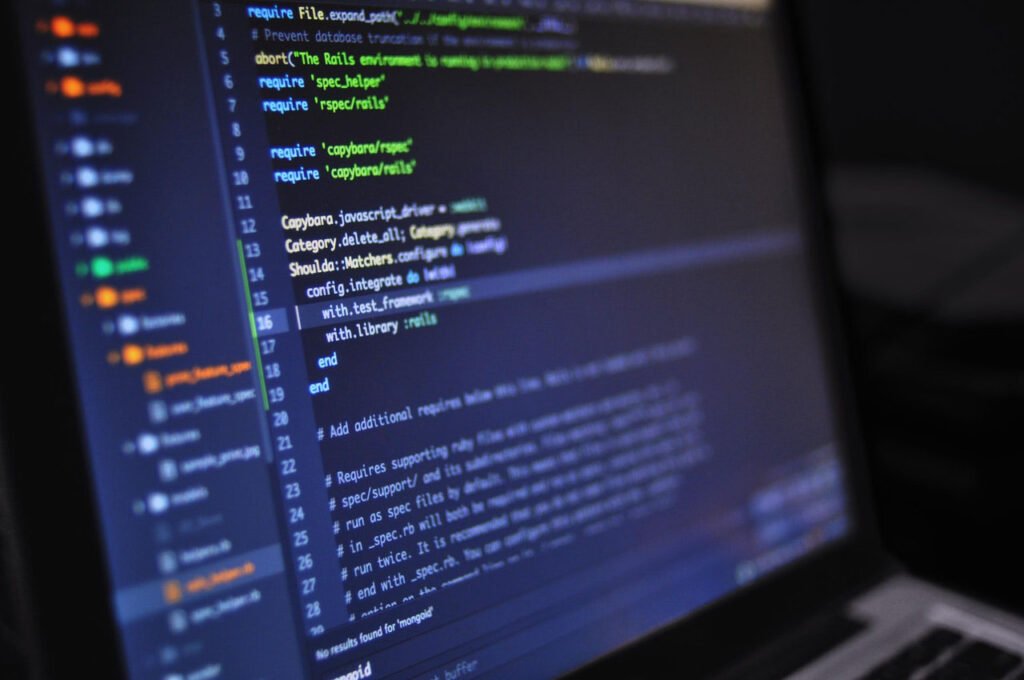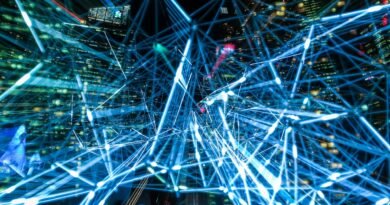Artificial intelligence (AI) and its Recent Trends
Artificial intelligence (AI) and its Recent Trends
FHA. Shibly & Dr. Uzzal Sharma
We all are gradually heading towards the fascinating world of Artificial intelligence (AI). The technology is growing very fast at present and we are introduced to different new technologies day by day. AI is one of the interesting and universal fields of computer science which has a great scope in the upcoming future. And it has the capability to make the machine work as a human. Based on this concept a machine works as a human. Intelligence is a property / ability attributed to people such as to know, to think, and to learn. Intelligence is nothing but an ability of a person or people who can think, learn, talk and know something from experience etc. A machine can be fed with various knowledge, through appropriate algorithms, after which it can start working similar to a human being. The machine will become capable of applying thought process of its own, taking decisions either based on previously stored experience or from feedback. In short it can be said that, a machine mimics a human brain.
Definition of Artificial Intelligence: Existing definitions support everything from human intelligence replication to simple knowledge-intensive job solving. Artificial intelligence is the study of complicated information processing issues, many of which have their roots in biological information processing.
All of these definitions agree that Artificial Intelligence refers to intelligence demonstrated by technology that mimics human and animal intelligence. Artificial intelligence is reshaping industries by enhancing user personalization and automating operations. An example of AI in action could be: Automobiles that drive themselves. Self-driving cars are computer-controlled vehicles that drive themselves. In these vehicles, human drivers are never needed to take control in order for the vehicle to be operated properly. Another case in point is Apple’s usage of AI. iPhone users can benefit from the power of ‘Siri’ – the voice. It just listens to your voice commands and performs actions based on them. AI is collaborating with sub wheels and devices.
AI is classified based on capabilities and functionalities
From the capabilities point of view, AI is categorize as follows:

- Narrow AI: Also known as weak AI, Narrow AI focuses on one-narrow task and cannot perform beyond its limitations. it is widely used for NLP. Ex: IBM Watson super computers, ‘Siri’, Google translate and etc.
- General AI: Also known as strong AI. General AI has the ability to understand and learn any intellectual task that a human being can. Ex: K computer, Tianhe- 2
- Super AI: Super AI exceeds human intelligence and can perform any task better than a human. its existence is still hypothetical. Ex: Robot
From the Function abilities point of view, AI is categorize as follows:
- Reactive machine: This is the most basic type of AI, as it simply works with current inputs and does not use past memory to process information. IBM Deep Blue is an example.
- Memory constraints: Memory constraints To make decisions, AI relies on historical data. Such systems’ memories are short-lived. As an example, consider self-driving cars.
- Theory of mind: It is a concept that should be able to comprehend people’s emotions, sentiments, and thoughts. Kismet robotics, for example.
- Self-awareness: Although it exists only in theory, such systems understand their intrinsic characteristics, states, and situations, as well as human emotions.
Recent trends in Artificial intelligence
- Tighter cloud and AI integration: better ways to monitor and manage cloud services and resources.
- Huge uptrend in AI analyzing large amounts of data: AIOps helping empower cross-team collaboration to improve analysis of untrusted data.
- Conversational AI is taking off: state of the art Chatbots and other NLP applications on the horizon.
- Helping the world of Information Technology: Automatic detection and correction of small malfunctions to reduce downtime.
- Healthcare and AI, closer than over: Helping understand diseases better alongside AI-powered drug research.
- Fight against knowledge breaches: Deterring various types of phishing and hacking attacks.
- Reinforcement learning on the rise: From planning business strategies to autonomously flying aircrafts and more.
- Digital marketing powered by AI: Customization of advertisements to a whole new level.
- Real-time traffic assessment and recommendation: Traffic information fed directly to the car’s dashboard.
- Sentiment analysis like never: Helping understand customer requirement better.
- AI at the edge: Data availability 24/7(even when network is down) Edge AI marks a shift in global availability of data from cloud/remote centers to data on the local hardware devices, especially using AI and sensors in the world of IIOT and manufacturing.
- Automated Decision making: Accuracy, immediacy, authenticity AI systems can effectively collect large amount of data in real-time ensuring data quality and quantity, this is turn facilitates decision making, helping large global organizations move forward with digital transformation.
- AI in cyber security: Analysis, and provide insights to prevent fraud, safeguard information and reduce attack-response time.
Artificial intelligence (AI) is a type of next-generation intelligence that is embedded in machines and can respond to a variety of situations. Artificial intelligence is supposed to be comparable to human natural intellect. Artificially intelligent computers can learn, think, and solve problems even sometime more accurately as compared to a human being. Artificial intelligence, in particular, refers to the simulation of the human brain and reasoning, which solves and plans problems based on the context. Artificial intelligence is one of the most innovative technological advancements, and experts believe it will be the cornerstone of our generation’s future.
To summarize, AI has a lengthy history of concepts and research that have resulted in the development of various systems. Many of the technologies we use on a daily basis include intelligent software and algorithms, and it appears that artificial intelligence is the wave of the future. Instead of taking over humankind, AI and humans can blend intelligence and collaborate for maximum efficiency.
References:
- https://scholar.google.com/scholar?q=Recent+trends+in+artificial+intelligence&hl=en&as_sdt=0&as_vis=1&oi=scholart#d=gs_qabs&u=%23p%3DouAupotDRs0J
- https://www.mygreatlearning.com/blog/top-artificial-intelligence-trends/
- https://www.mygreatlearning.com/blog/top-artificial-intelligence-trends/
- https://codebots.com/artificial-intelligence/the-3-types-of-ai-is-the-third-even-possible
- https://books.google.lk/books?hl=en&lr=&id=l1JMkbYAQgIC&oi=fnd&pg=PR1&dq=info:z3sYZkF-i3EJ:scholar.google.com/&ots=R0H1_XppwU&sig=-egycHVsanC3Vdfvtw5NGAZuu7I&redir_esc=y#v=onepage&q&f=false
- https://www.vedantu.com/english/artificial-intelligence-essay
- https://www.ukessays.com/essays/technology/the-rise-of-artificial-intelligence.php

FHA. Shibly,
South Eastern University of Sri Lanka

Dr. Uzzal Sharma, Assam Dom Bosco University




